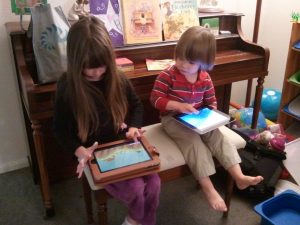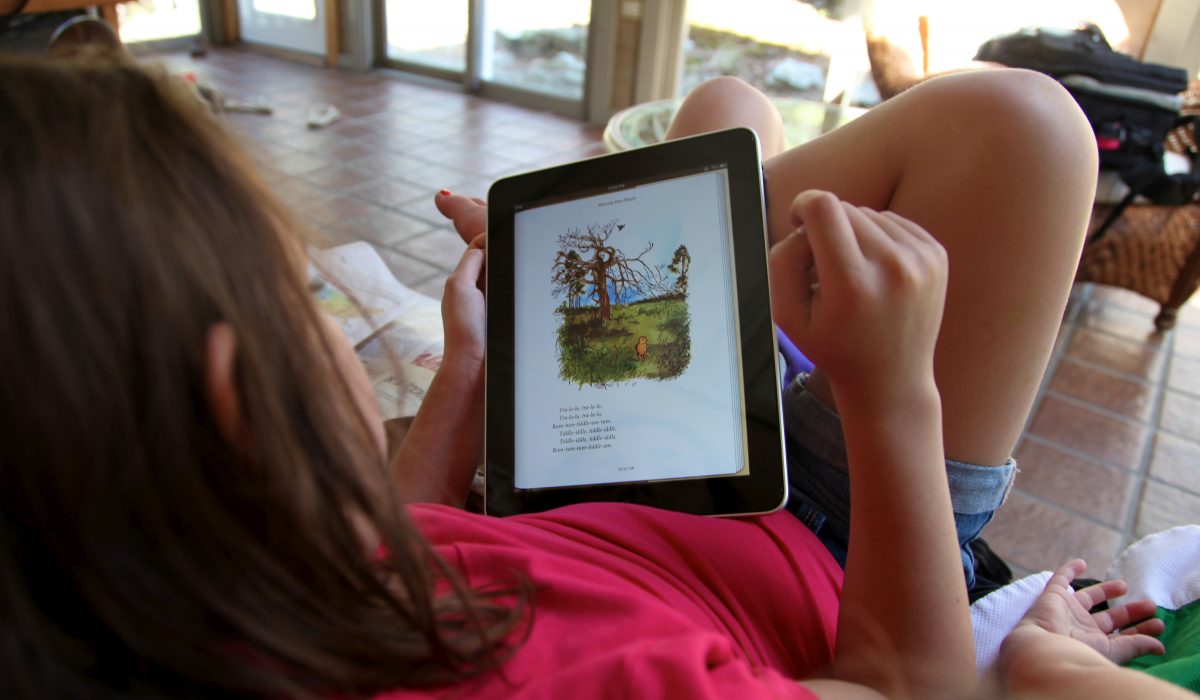
Image credit: Y.C.V.-Chow
Children’s internet use in Albania
The Kids Online study is being carried out with the joint efforts of UNICEF Albania and Ipsos, using the Global Kids Online research tools and with methodological guidance from the London School of Economics and Political Science (LSE) and UNICEF’s Office of Research – Innocenti. The fieldwork is taking place in April and May 2018 and explores the online experience of children aged 9 to 17.
The objective of the study is to improve the knowledge on how Albanian children and young people experience the internet: what activities they do, what devices they use to go online, what they like and dislike about digital technologies, as well as what risks and opportunities they face in the online world. The new initiative, implemented by UNICEF Albania as part of UNICEF’s Global Programme for tackling online child sexual exploitation, is geared towards a comprehensive response to online violence against children. The initiative aims to offer support to the government in the prevention and protection of children from online sexual exploitation and abuse.
The context
Over a fifth (22%) of Albania’s population are children and young people under the age of 18 but up to now, only a few reports have been produced reflecting the internet experiences of children. These reports provide only basic information on the online practices of children and do not explore in depth important issues such as online risks and opportunities. There is particularly limited knowledge of children’s experiences and awareness of online sexual abuse and exploitation, which makes it necessary to conduct comprehensive research producing a solid evidence-base which can inform child protection initiatives.
Action
Aiming to respond to the evidence gaps and to inform an evidence-based programme for intervention, the research focuses on children’s experiences of internet use and the consequences on children’s well-being and rights. Of particular interest is gaining a better understating of the trends, consequences, and online channels of child sexual exploitation and abuse. The aim of the project is to learn from children’s experiences in order to help policy-makers, educators and governments make the internet better for children. The key themes that will be covered by the research are: children’s access to internet and their online practices, digital skills and abilities, the digital environment, well-being and rights, social factors, parental support and mediation, and questions which deal with risks and safety. Information on family and social surroundings will also be gathered, as well as more in-depth knowledge of the role of parental monitoring and mediation and teacher’s support on children’s digital literacy. The research will also highlight key issues from the perspectives of children without parental care and children with disabilities.
Impact
The research will:
- Provide a solid baseline to monitor and measure results of planned interventions.
- Guide targeted interventions by key government entities, development partners, ICT industries, civil society, and children themselves.
- Inform the consolidation of the National Action Plan for Child Online Safety and improve legislation in the field.
- Serve as an advocacy tool for different stakeholders to keep the government accountable in delivering its commitments under the Declaration and Principles of Action of the Abu Dhabi Summit on Child Sexual Exploitation and Abuse.
UNICEF Albania
David Gvineria, Child Protection Specialist, UNICEF Albania
Ina Verzivolli, Child Protection Officer, UNICEF Albania
Mersila Ballo, National Consultant
Further information
Post author: UNICEF Albania








